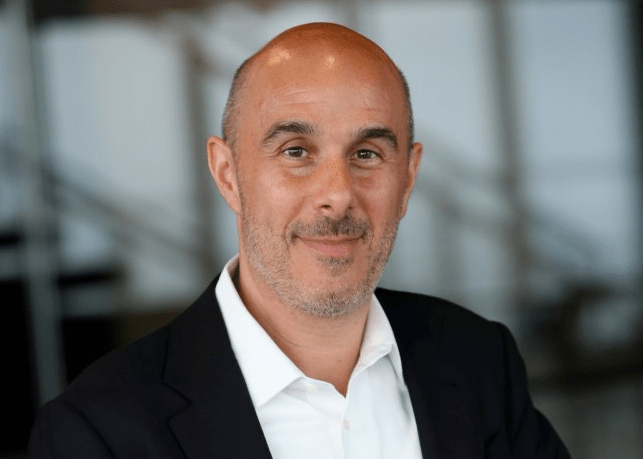I co-manage a $100 million venture capital fund focused on the gaming industry with my twin brother. As a fund, we frequently rank among the world’s top 10, co-invest alongside giants like Tencent, KRAFTON, and Ubisoft, and our portfolio games often win prestigious awards, including the Steam Awards, BAFTA, Golden Joystick Awards, The D.I.C.E. Awards, and many others.
As a family unit, we share even more lore. Before the fund, my brother and I worked together in consulting for many years. We studied at the same university, and before that – in two different schools. We played together in the yard as kids. We were born together with only a five-minute difference (as our mom likes to remind us). We’ve been together our entire lives. And we are more than brothers – we’re also identical twins.
Using our story as an example, I want to share a few business lessons I’ve learned through the lens of working with my twin brother.
Honest communication is king
If you have siblings and have ever tried to do something together, you are very likely to relate to my experience. Family doesn’t forgive mistakes easily and never sugarcoats “feedback.” And this … is one of the biggest advantages of working with my brother. We don’t filter ourselves at work and we’re not afraid to offend each other.
Do we sometimes shout at each other? Yes. Do we argue? Absolutely. But we always make up after that. And it makes processes much more efficient. At the end of the day, we don’t waste time on overexplaining ourselves or misunderstandings caused by euphemisms of overpoliteness.
This brutal honesty isn’t always possible in every team, and, of course, any criticism should still be constructive in substance and form. Nonetheless, I genuinely believe every leader should strive to create a team culture where communication is efficient and constructive feedback is encouraged and shared freely. Even when it’s addressed to the leadership.
Support, not internal competition
Unfortunately, the reality of how most companies and teams operate is that every man for himself. Your win is your win. Someone else’s loss is their loss. Everybody is a lone wolfe, and the goal is to outperform each other. To me, it sounds like a nightmare. At senior levels, this often results in leaders living under constant stress and burning out quickly.
Support and a kind word mean a lot, especially during tough times. After all, you are a team and it’s your togetherness that gives you an edge. At GEM Capital, we manage more than 20 portfolio companies, often making very large and high-stakes deals, and I think I’d go crazy if I didn’t have my brother by my side to back me up no matter what.
Trust over performance
In my experience, trust in a team is much more important than individual performance. Of course, I’m not saying you should hire loyal but underperforming people. Ideally, you want high-trust high-performers. But I’d take a high-trust mid-performer over a low-trust high-performer any day.
Where do you find these people? Ideally, hire those you’ve worked with before. Or people recommended by someone you already trust. Practically our entire GEM Capital core team comes from the same consulting my brother and I used to be a part of. These people come with a proven skill set and mindset. By hiring them, we knew exactly what we were getting. It’s much easier to rely on someone you already know. It also shortens the getting-to-know-each-other period, since you already understand their character and habits.
Diversity matters
This might sound strange coming from someone whose main partner is his identical twin brother but here’s the point: you should look for team members who complement you. No team exists where everyone is great at everything. Moreover, a culture where everyone tries to look invulnerable is harmful.
The best teams are those where people cover each other’s weaknesses and allow themselves to be vulnerable. Our example shows that this is possible even in a team where the members are as close to each other as it gets in terms of skill set.
Learn to switch off
Who said you should only share positive experiences? After all, lessons can be learnt from every experience. Here’s something that is definitely an area of improvement for us.
We work together in the same office. Our homes are just a 10-minute walk apart. Naturally, our families often spend time together. It’s supposed to be our leisure time but my brother and I are constantly working, thinking about work, discussing work, and just by being around each other, reminding each other of work. It’s next to impossible for us to switch off in these circumstances.
I don’t have a perfect solution for this yet. Maybe, it’s even the necessary trade-off for all the benefits I described above. But we’ll keep trying to solve this!
The opinions expressed in Fortune.com commentary pieces are solely the views of their authors and do not necessarily reflect the opinions and beliefs of Fortune.












